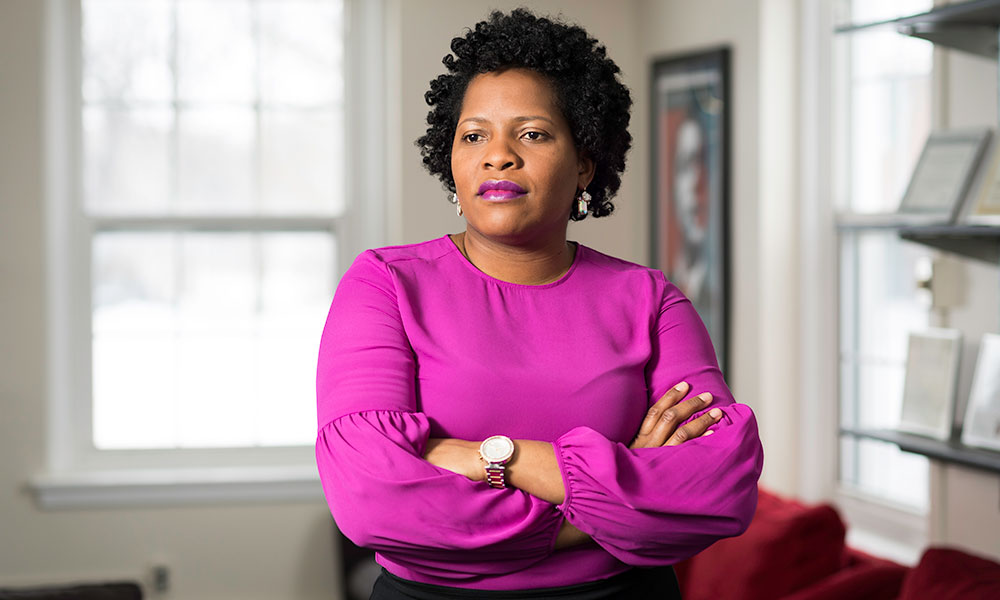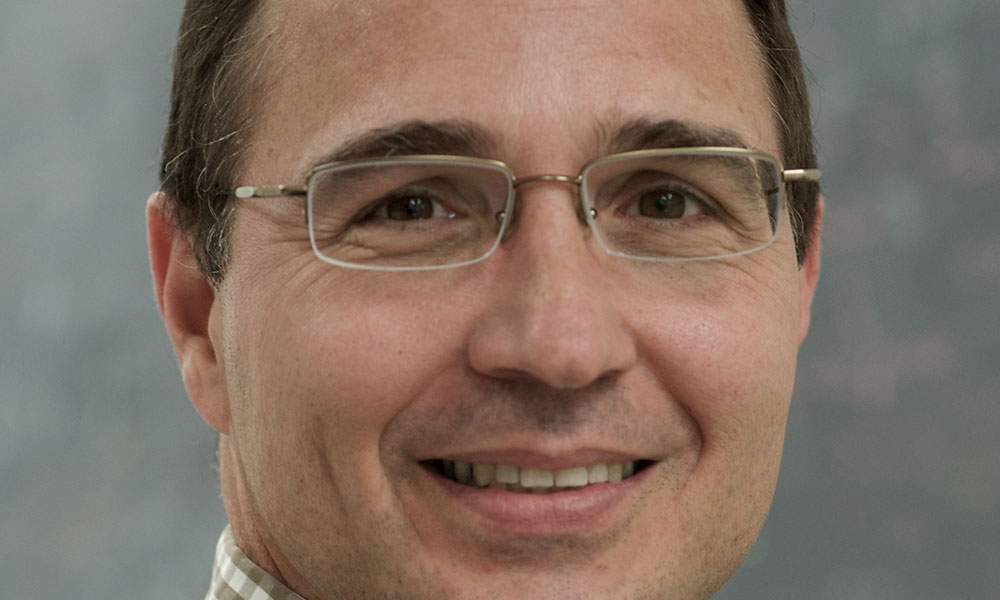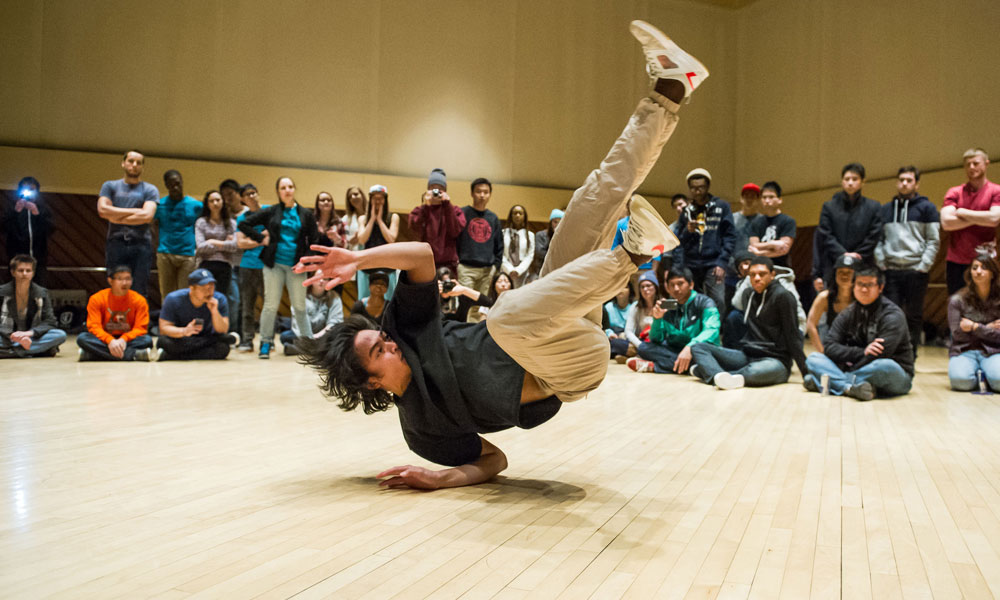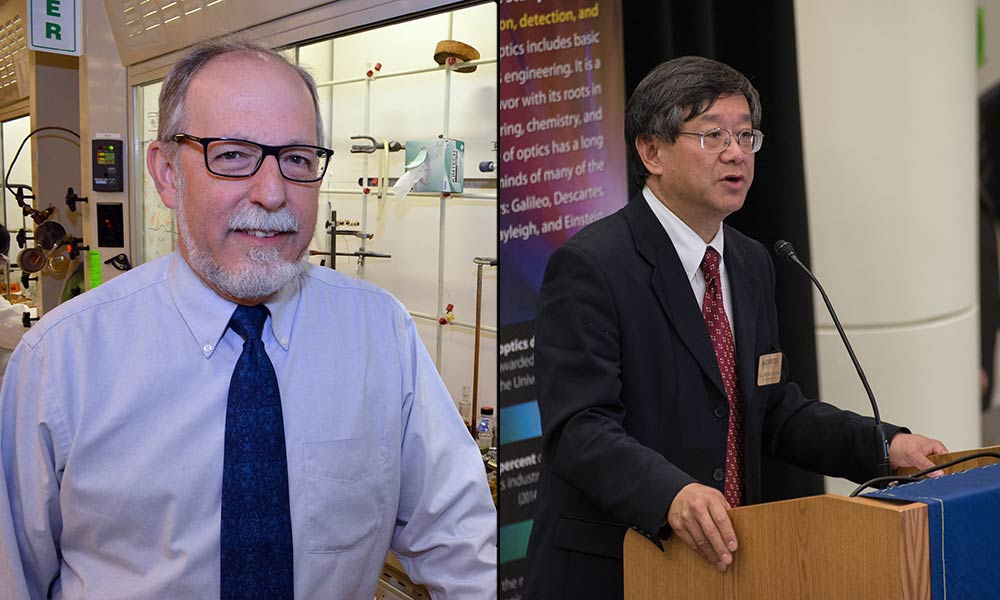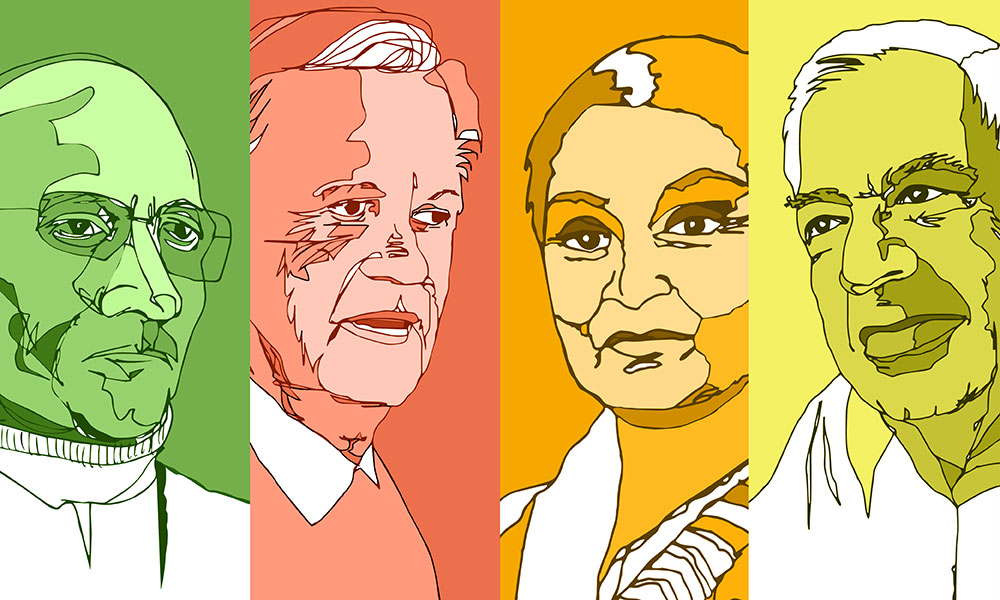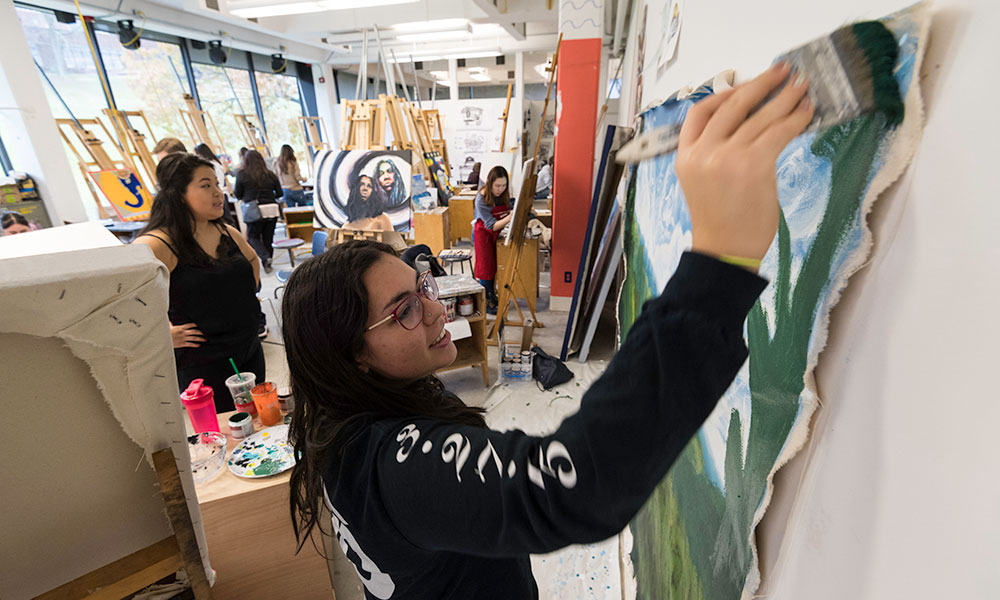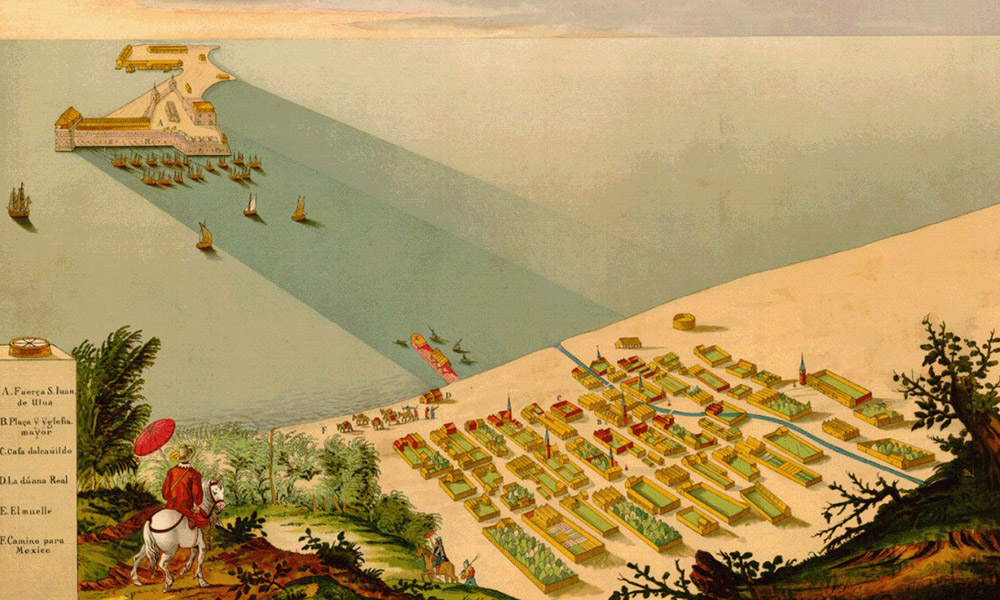
Society & Culture
Rochester professor part of national campaign finance task force
January 19, 2018
In a new research report, professor David Primo argues that there’s a disconnect between what the public believe about campaign finance law and the reality, and that many popular reform proposals unlikely to bring the desired results.


